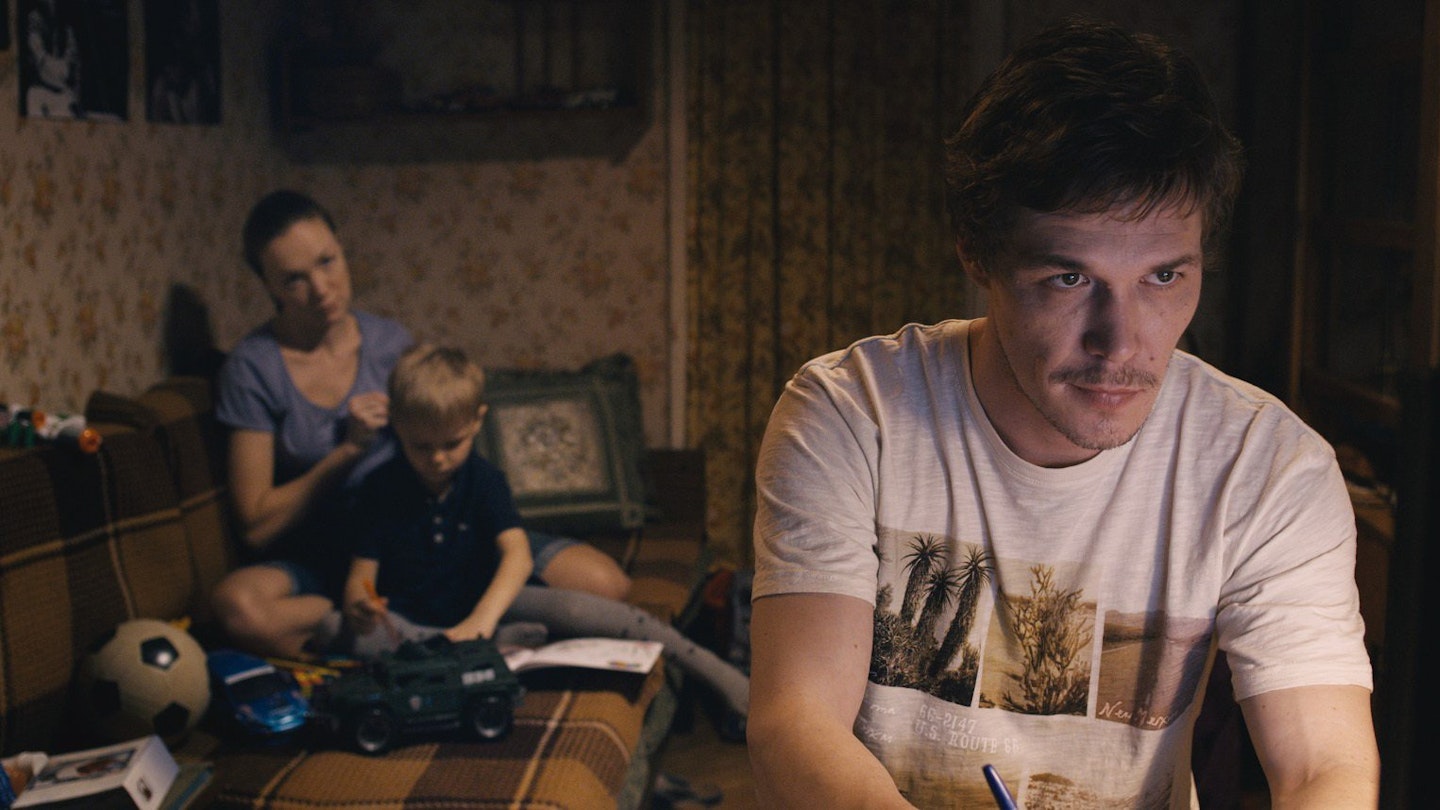In the London of the 1850s, the very rich and the very poor live in two separate worlds. Bridging the gulf between them is compulsively inquisitive Sir John (Jacobi) who leads a double life, moving smoothly amongst the finery of the most exclusive society, well liked, and with a very easy way of bringing people into his dubious financial scheming. A quick change of clothes, however, and he is immediately transformed into the nondescript Mr Frederick, a menial theatre clerk who hardly attracts a moment's attention to himself. As the conscience of the poor's plight and a catalyst to the greed and hypocrisy of the rich, he finds himself seduced by the ease with which he can make money in a world where clothes literally make the man and wealth has divorced itself completely from social responsibility. Finally, some telling decisions have to be made. From the makers of Little Dorrit, The Fool draws heavily on the researches of 19th century social historian Henry Mayhew and is a film about appearances in every sense of the word. Edzard has carefully conjured both the opulence and the squalor of the mid-Victorian era in the most meticulous manner possible while Jacobi succeeds marvellously in modulating between the two contrary halves of his double life. The massive roster of characters, however, and the sheer volume of poverty and luxury make the film seem to be frequently standing still for half hours at a time like some gigantic museum display. A 19th century Wall Street in period costume, this highly moral film is way too top-heavy with context to really succeed as a story. As an exhibition of social history brought to life, however, it simply cannot be faulted.
The Fool Review

In 1850s Britain - a country divided by class and wealth - Sir John mutates perfectly from erudite socialite into poverty stricken pleb. As his experiences at both ends of the spectrum heighten, some decisions have to be made.
Release Date:
15 Oct 1996
Running Time:
137 minutes
Certificate:
U
Original Title:
Fool, The
Though the pace is at times reminiscent of a very long Victorian novel, this exhibition of social history is brought to life by carefully constructed opposing worlds and Jacobi's ability to explore and oscillate between them.
Just so you know, whilst we may receive a commission or other compensation from the links on this website, we never allow this to influence product selections - read why you should trust us